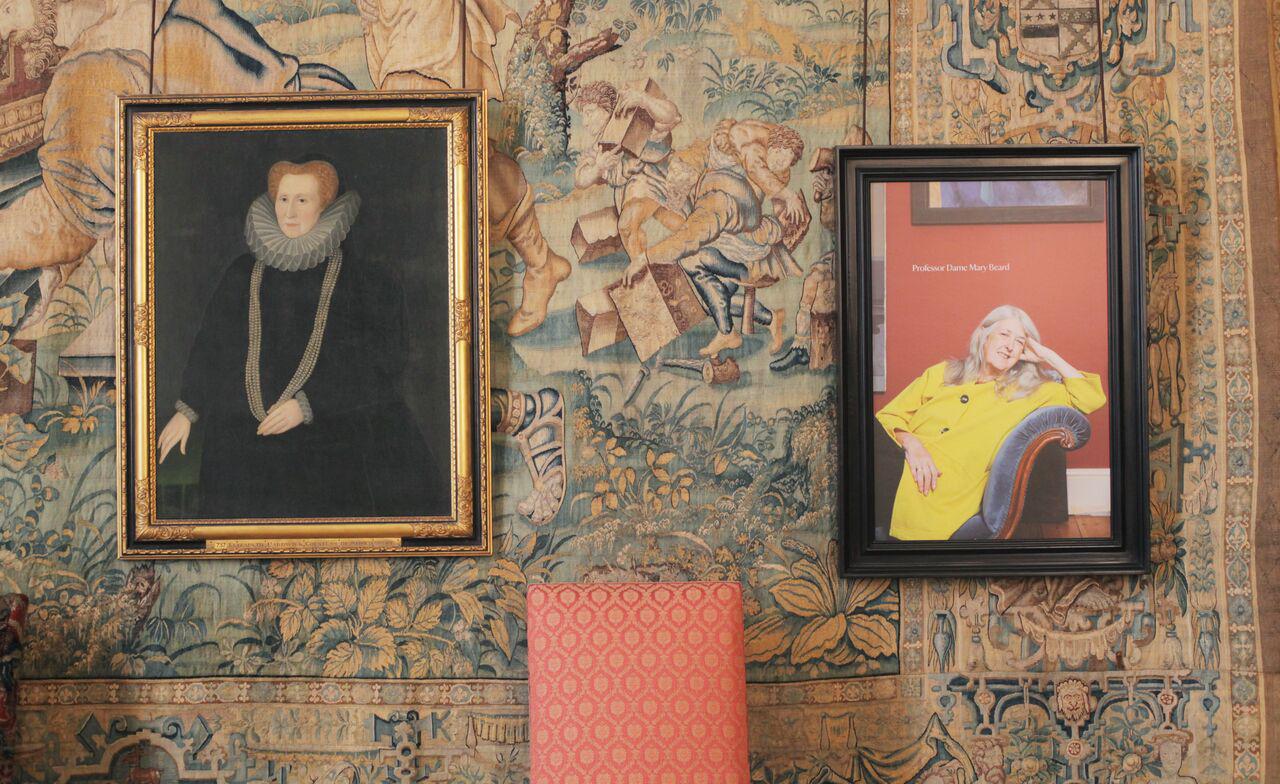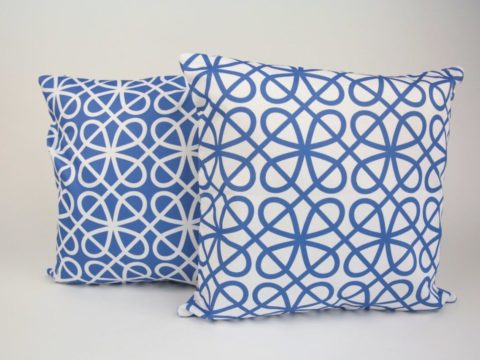We Are Bess
A Photography Exhibition

'The past is a foreign country, they do things differently there' is one of the most famous quotes from twentieth century English literature. Is that why we are interested in history? Do we want to marvel at strange customs, imagine ourselves in exotic clothes, tut over the barbarity of criminal justice, or sigh for the romantic notions of courtly love? Or do we want to find out that, in fact, the past is not so different after all – that many of the experiences and emotions we have are similar to those of our ancestors.
We Are Bess, the new, and ground-breaking, photography exhibition being staged at Hardwick Hall, confronts us with this question of the relevance of the past. Bess of Hardwick was one of the most prominent women of the age – her life was wildly different from that of most women of her time, and yet, she is also Everywoman: fulfilling all the traditional roles of a woman – daughter, sister, wife, mother, grandmother as well as many of the roles that we think of as new to women – businesswoman, entrepreneur, builder, networker and political player.
Dr Suzannah Lipscomb and Polly Schomberg, Creative Director and Creative Producer respectively for the exhibition, have worked with a wide range of modern women, from famous academics, such as Professor Dame Mary Beard, and prominent media figures, such as Cathy Newman, to women who live in the district where Bess was once the greatest landowner, and asked them to share experiences that have a parallel with the life of Bess. Some of the stories are sad – the loss of children, and widowhood, whilst others are empowering – women who have achieved worldly success against the odds of gender, race or background or who have made life better for others. The women have been photographed by the extremely talented Rachel Adams who has caught the essence of their personalities. The pictures are hung in the Long Gallery at Hardwick, nestled amongst the Tudor grandees – Lord Burghley, the Earl of Lennox, Bess herself, and, of course, that most powerful of all English women, Queen Elizabeth I.
Visitors are shown a video which gives some of the background to Bess’ extraordinary story, and asked to think about how Bess has been portrayed through the ages. By and large, she has had a bad press – accused of being a ‘shrew’, a ‘termagant’, ‘ambitious’, ‘greedy’, emasculating her husbands, and financially fleecing them, or their families. But how different were Bess’ activities from those of men of her time? Why is she denigrated, when they are praised? Much of the background research has gone into where this negative perception of Bess originated. Largely, it appears, from her estranged husband and the family of her third husband, who felt she had defrauded them. The research into Bess’ letters undertaken by Dr Emma Turnbull, Guest Historian to the exhibition, gives a very different view of her personality, temperament and actions, so why has Bess been judged just by her enemies? Is there a more balanced view? The question the exhibition poses, is whether the barriers to women’s success have changed at all.
As viewers, we were left asking ourselves about what we could learn from Bess’ example, and this is something the exhibition asks all visitors to think about – are we Bess? Yes, We Are Bess. We struggle, we fight, we endure, and we win.
We are Bess is at Hardwick Hall from 3 October to 4 November 2018. It is re-opens from 16 February to 2 June 2019.
It can also be viewed online at We are Bess
